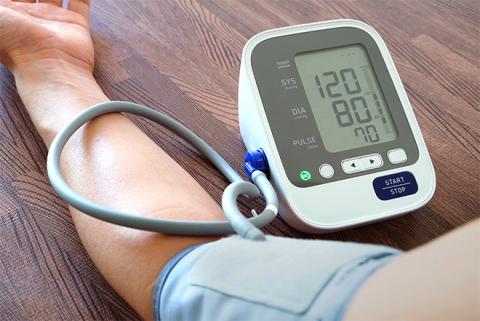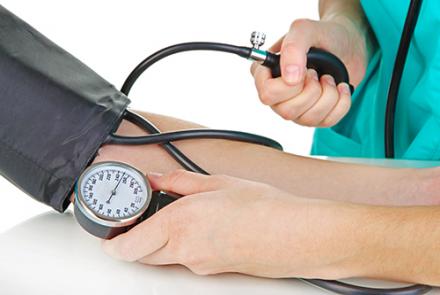
Millions of people with hypertension travel for holiday or work. Whether you are a frequent traveler or an occasional traveler, it is important to follow certain guidelines to avoid potential complications, especially for airline travel.
1. Get a check-up
A regular check-up with your primary doctor along with vital tests should be ideally done before you book any holiday. Discuss any and all health concerns and make sure you are fit to travel. Update or take any vaccinations that may be required for endemic diseases in the country of your travel.
Read: 10 Tips To Manage Hypertension
2. Plan Ahead
Stress is one of the main causes of rising blood pressure. So try to avoid situations that may lead to unwanted stress. This includes:
- Avoid stress triggers by planning ahead
- Give yourself enough time to avoid being late
- Keep a reasonable amount of transit time between flights or trains to handle any delays
- Avoid short hectic holidays
- Choose your travel companions well
3. Carry extra medications
Make sure you carry all your medications and extras for a few more days in case of any extensions. It is also advisable to split the medications between two pouches in case you lose one or create a spare backup. Carry the doctor's prescription as well.
4. Carry BP monitor
Keep a small digital Blood Pressure monitor with you (it is allowed by TSA in your carry on luggage) so that you can check your BP regularly and if you fall ill. For instance, if you get Traveller’s diarrhea, dehydration can set in fast causing blood pressure to drop. Keeping check of it can alert you to take preventive measures.
Related Reading: How to Choose and Use a BP Monitor
5. Buy Travel health Insurance
This is a safe-guard way to tackle any unforeseen health scares, injuries, acute infections etc. Keep a list of local emergency hospital and ambulance numbers. Ensure that your insurer is aware of your high blood pressure and any other medical conditions you may have.
Must Read: Travel Guidelines for Persons With Diabetes
6. Airplane dos and don’ts
DOs
- Leave for the airport early to account for road traffic, check-in formalities, long security or immigration check queues etc.
- If it is a long journey, break the journey by staying overnight at the transit location.
- Pick a hotel closer to the airport for shorter commute.
- In the airplane, move around when permitted to avoid risk of hypoxia (low oxygen), DVTs (clots) and swelling in the legs.
DON’Ts
- Drink too much alcohol in flight.
- Binge on salty nuts! Book a low-salt meal.
- Have drugs that have a sedative effect.
- Cross your legs or flex your limbs as it can reduce the blood circulation increasing risk of clots.
7. Avoid salty foods
It is often difficult to stay on any diet while travelling. However, try to opt for low salt foods wherever possible. Avoid snacking on processed packets of food that tend to have high hidden quantity of sodium.
Avoid these 4 Popular and Unhealthy Snacks
8. Avoid high adrenaline activities
Certain activities that can raise the body’s adrenaline and cause sudden drop in pressure can be risky. It may be best to avoid extreme adventure sports such as Bungee-jumping, Sky-diving, Scuba-diving etc. Less intensive activities such as hiking, rafting, skiing, sailing etc can be undertaken if you are fit and have been given a clean chit by your doctor.
9. Avoid saunas, hot tub baths, steam rooms etc. which can also affect your blood pressure.
Hot environments can lower the blood pressure, making you feel dizzy, and dehydrated. If you are using any hot facilities, limit them to 15 minutes.
10. Stay Hydrated
This is particularly important when travelling to tropical countries or during hot days. Warm weather can easily lead to edema or swelling in the ankles since one class of Blood pressure medications called Diuretics (eg. Furosemide, Chlorothiazide, Amiloride, Spironolactone, Metolazone etc.) actually cause loss of fluids from the body. So remember, that if you are on Diuretics, your medication can behave differently in warm climate conditions. It also helps to keep alcohol intake to moderate levels. Opt for bottled water, fresh juices, coconut water etc.

















